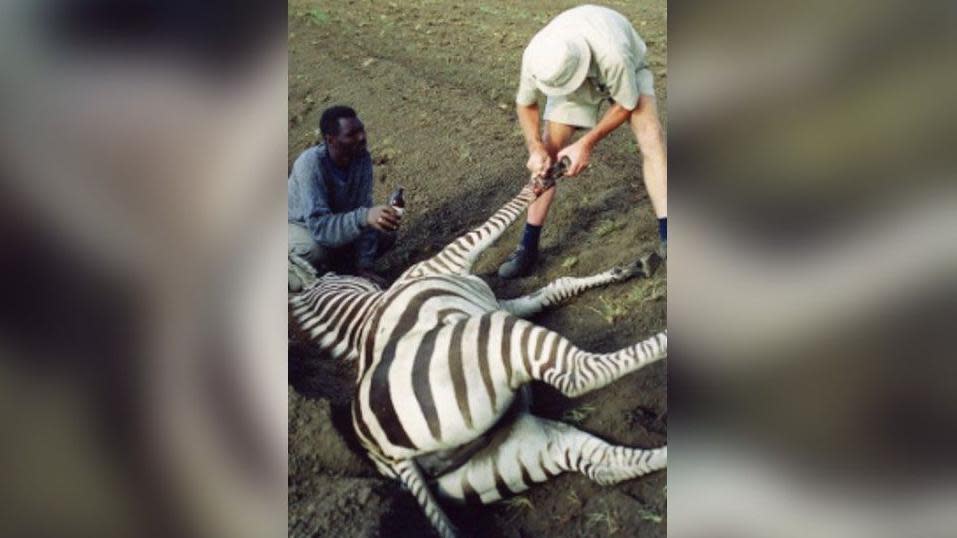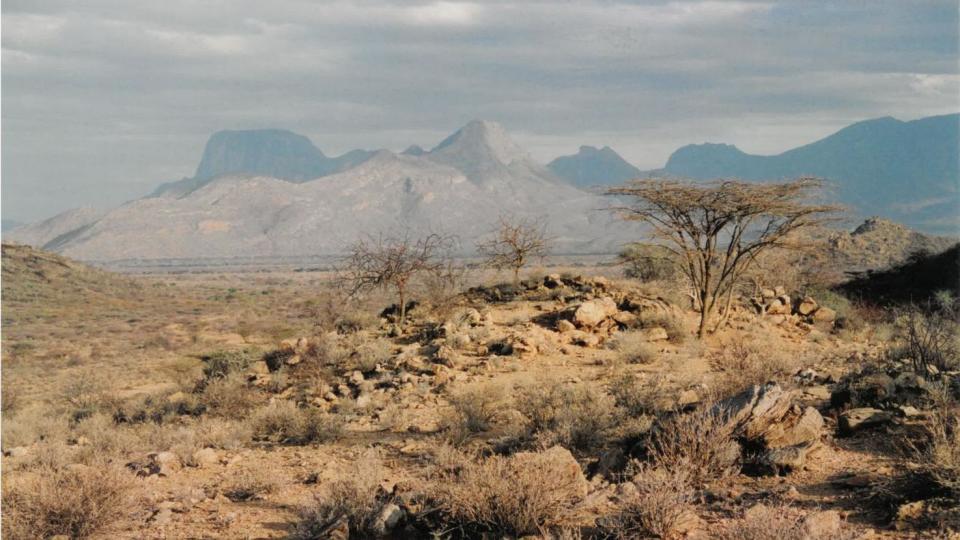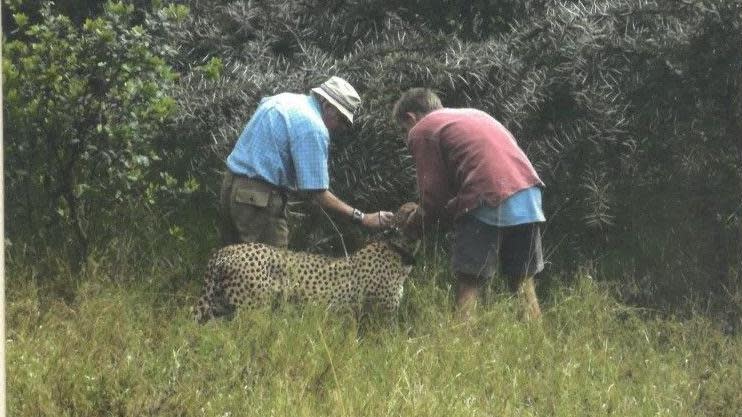A British veterinarian who worked in Kenya for 55 years has told how he went to “pee” and saw a lioness looking at him.
Hugh Cran, who lives in Somerset and trained in Edinburgh in the 1960s, was also attacked by a wild elephant.
He said every day was a challenge in the unforgiving environment of the Rift Valley, as he traveled miles on bumpy roads, performing impromptu surgeries by torchlight and dirty water.
Cran, who has written a book, said: “I once got out of the car to pee and saw a lioness peeking at me through the bushes.”
But he said the experience only sought to stimulate his passion for working in the country.
Cran, of Castle Cary, responded to an ad to be a veterinary assistant in the Rift Valley shortly after finishing his training.
He covered a 100-mile radius of unpaved roads in the course of his daily work.
“I had dart equipment, so I was called in to shoot zebras that had been captured, or injured lions or cheetahs that had a broken leg or jaw,” he said.
“The distances were so great that you couldn’t get back to surgery and out again, so I used to carry everything in my car for any possible emergencies.”
He said that over the years he had “many chance encounters.”
“I was threatened twice; on one occasion I was attacked by an elephant on top of a mountain,” he said.
“When that happened, you didn’t have time to do anything except get out of the way.”
The second was his encounter with the lioness.

Mr Cran said his interest in Africa was sparked from an early age.
“I always really liked reading about Africa; King Solomon’s Mines, that kind of thing, and I always wanted to work in the Tropics,” he said.
But when he accepted the job in Kenya he had no idea how long he would stay there.
“I intended to stay to test the conditions for a year or so, but I ended up staying a little longer,” he added.


As a young veterinarian, he quickly had to adapt to a working environment that was very different from what he was used to.
“I would often go to the office in the morning and turn on the taps, but there would be no water,” he said.
“I turned on the switch and there was no electricity. Sometimes, in the middle of an operation, say at night, the power would somehow go out.
“Veterinarians in this country would probably be shocked, but I think the results were as good as they would be if you had all the equipment available in this country.”
A stunning encounter
On one occasion, Mr. Cran was asked to help a crew filming a flock of pelicans with the help of an ultralight plane.
He said it was an impressive encounter that he never forgot.
“They were trained to follow the ultralight in formation as if it were a member of the herd, they were so tame and confident,” he said.
“If the plane backed away, another bird would take its place, as part of an extraordinary interaction.
“They were wonderful, wonderful birds.”


Mr. Cran kept diaries of his experiences and used them to spark the memories he recounted in his book.
Rift Valley Fever, named after a mosquito-borne disease that affects humans and livestock, was published on April 25.
Follow BBC Somerset on Facebook It is, X. Send your story ideas to us by email or through Whatsapp by phone 0800 313 4630.











